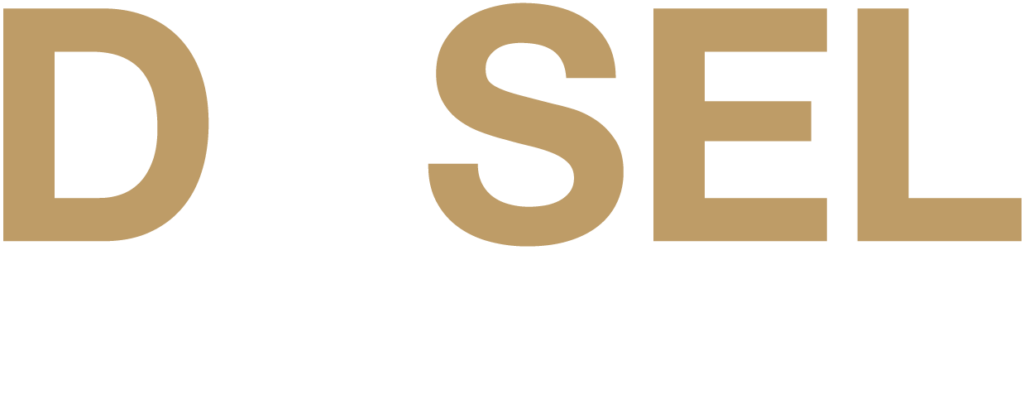Technology and software are evolving at a rapid pace. Now that we are in the final months of 2020, it is a great time to look ahead to 2021; what trends can we expect in 2021 that will have a strong impact on how ERP is developed, implemented, but most importantly how it is used by businesses and people?
1. In the cloud
More and more companies are opting for cloud ERP solutions. You then always have the latest version of the software, you pay for what you need, it is easy to expand and it is easy to integrate with other applications. ERP in the cloud takes a lot of worries away from you. And many of the objections are holding up less and less. The performance of cloud solutions is excellent, data security is also well taken care of (better than on-premise even) and it is not necessarily more expensive than on-premise. It is therefore expected that by 2021 more companies will have their ERP solution in the cloud. Especially also because large parties such as Microsoft, SAP and Oracle are betting on this.
2. Visueler
We take in visual information much easier and faster than text and numbers. And we also remember it much better. Whereas old ERP systems contained elaborate menus with lots of fields, text and numbers, that is gradually changing. Modern systems have clear, user-friendly menus with dashboards, icons, graphs and overviews. This is pleasant to use and proven effective when it comes to quickly finding information to base decisions on.
"There is a growing demand for niche solutions; ERP systems designed just for a specific industry."
3. Niche
Generic ERP systems do not meet the requirements and needs of companies anno 2021. There is a growing demand for niche solutions; ERP systems intended only for a specific industry. This niche ERP contains the specific features and functionalities needed for companies in this niche, which makes them offer much more than a generic system. In addition, the vendor also has industry-specific knowledge which makes them excellent at helping optimize business processes and realize business ambitions now and in the future. In 2021, we can also expect more and more hyper-niche ERP; where the industry is even more narrowly defined to provide an even more specialized system.
4. More than ERP
The current state of ICT makes it possible to integrate ERP excellently with other systems and tools. Whereas ERP has traditionally been a stand-alone application, it is increasingly becoming the organization's main software package, but linked to other software. Think, for example, of Word, Excel, Outlook and Teams. Or systems for warehouse management, CRM, track & trace or transportation. In 2021, companies looking for a new ERP system will not only focus on the system itself, but also look at how the ERP package fits within the rest of the IT infrastructure.


